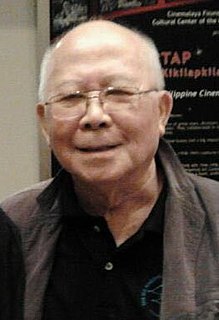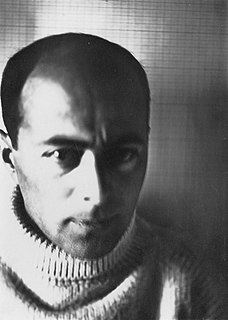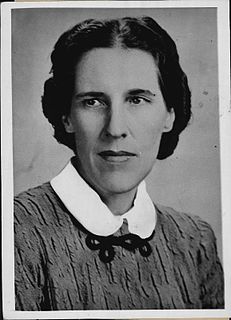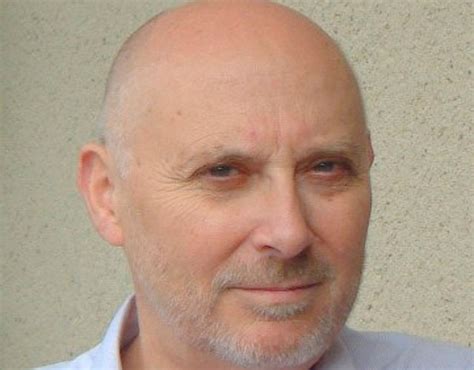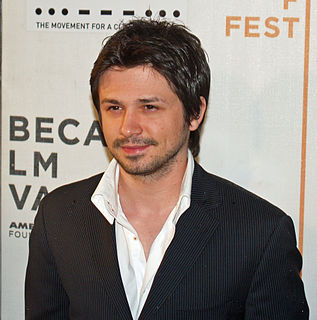A Quote by Tristram Stuart
As the words of my book, 'The Bloodless Revolution,' accumulated, I envisaged a parallel growth: the stack of pages they would have to be printed on, thousands of times over; every page representing a slice of forest, a belch of fumes and a squirt of toxic ink.
Related Quotes
At times I believed that the last page of my book and the last page of my life were one and the same, that when my book ended I'd end, a great wind would sweep through my rooms carrying the pages away, and when the air cleared of all those fluttering white sheets the room would be silent, the chair where I sat empty.
The burning of a book is a sad, sad sight, for even though a book is nothing but ink and paper, it feels as if the ideas contained in the book are disappearing as the pages turn to ashes and the cover and binding--which is the term for the stitching and glue that holds the pages together--blacken and curl as the flames do their wicked work. When someone is burning a book, they are showing utter contempt for all of the thinking that produced its ideas, all of the labor that went into its words and sentences, and all of the trouble that befell the author . . .
I hadn't had a book in my hands for four months, and the mere idea of a book where I could see words printed one after another, lines, pages, leaves, a book in which I could pursue new, different, fresh thoughts to divert me, could take them into my brain, had something both intoxicating and stupefying about it.
If I could eat whatever I wanted every day, I would have Domino's pizza with pasta carbonara inside every slice. And at night, I would have Neapolitan ice cream until I felt absolutely toxic. And then I would drift off telling myself, 'It's going to be O.K... It's going to be O.K. you're going to train in the morning.'

